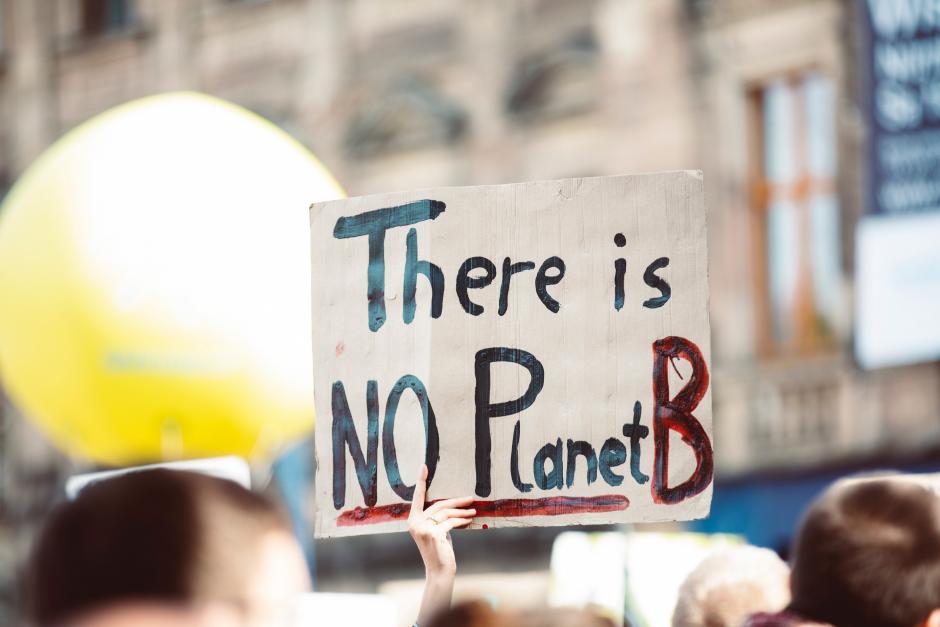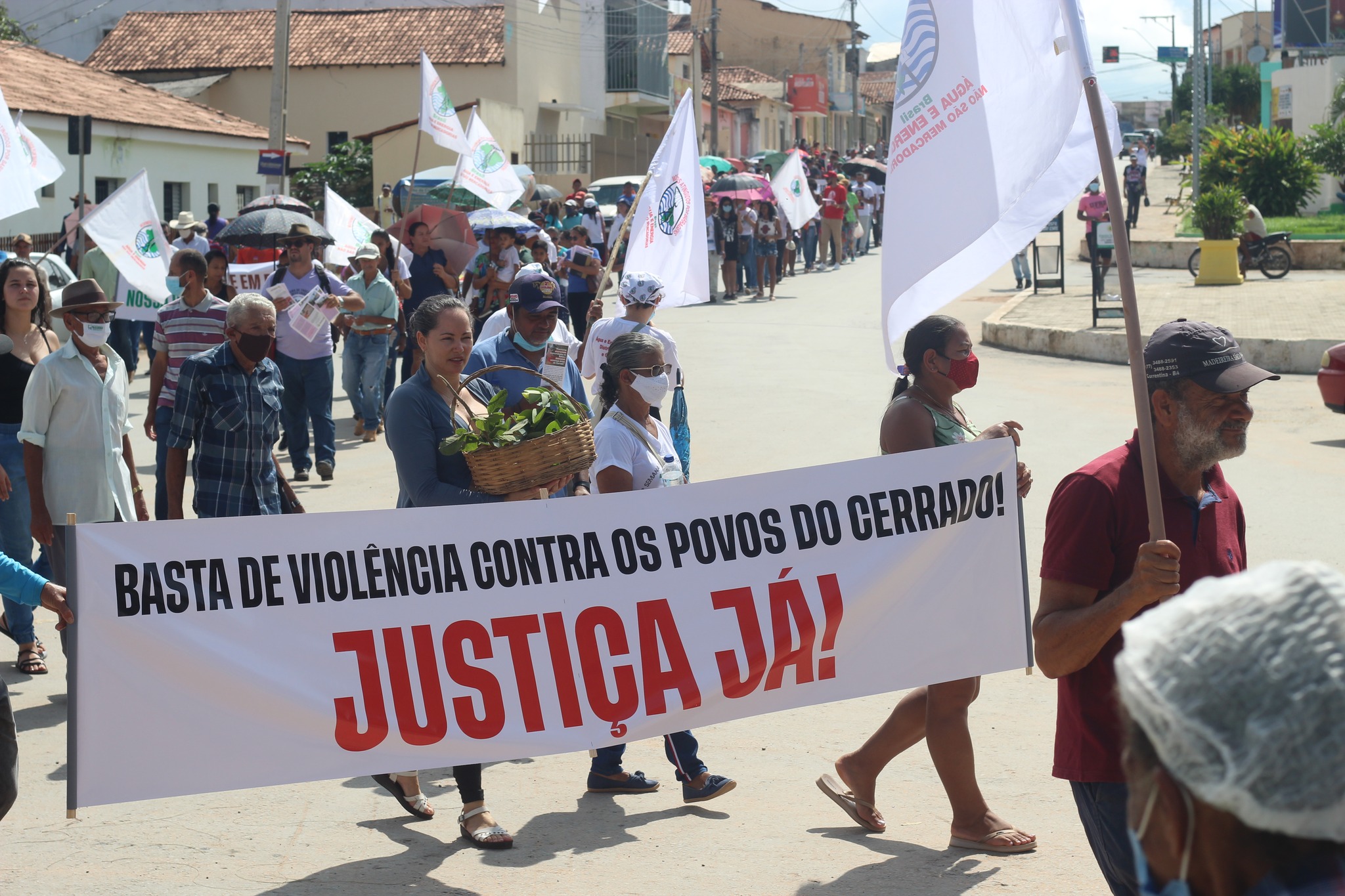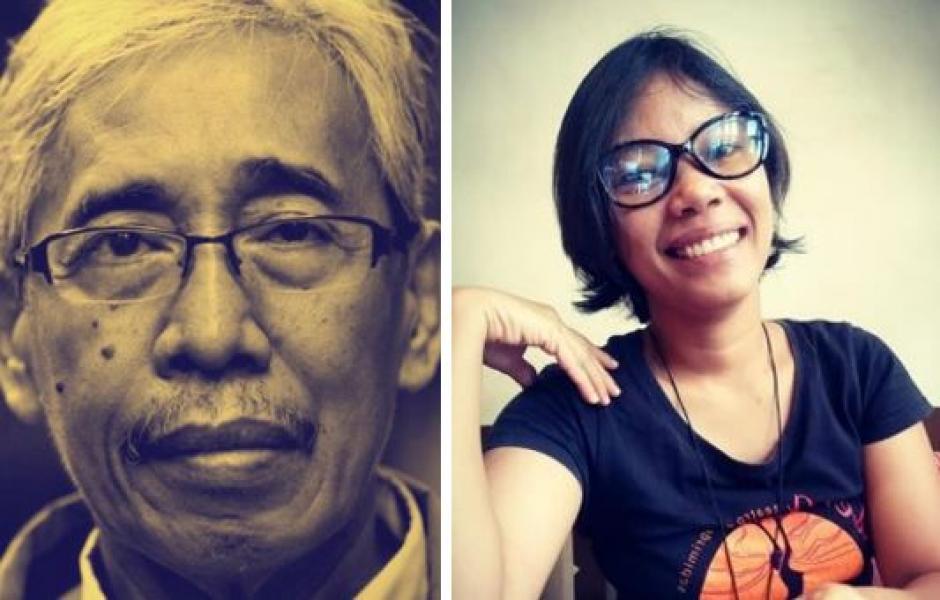Zimbabwe and Mozambique are still struggling with the effects of the deadly Cyclone Ida that left more than a thousand people dead and tens of thousands homeless in March 2019 before the onset of COVID-19. International climate policies recognise ‘historical responsibility’ as the onus on developed countries who historically benefited from global emissions to bear the greater share of mitigation and adaptation costs, and further compensate for loss and damages, in relation to those countries facing the worst impacts of the climate crisis. The same developed countries (with the addition of China, India, Indonesia) remain responsible for some of the largest emissions today. In 2014, the Green Climate Fund was set up with developed countries pledging US$100 billion a year to meet the needs of developing countries. Until last year, only USD$10.3 billion was pledged but the actual amount produced is 8.2 billion. So where is the money to address the climate crisis?
This year, COVID-19 hit at a time when the Global South owes $3.9 trillion in debt. A number of these developing countries had never recovered from the last recession so where is the capacity to resource public healthcare to fight against this pandemic or the impending economic recession? COVID-19 emerged when Global South governments were relying on austerity as a measure to address the crisis of accumulation.
To address the climate, economic and COVID-19 crises, which in reality is one major crisis of capitalist accumulation, the global economic system is depending on neoliberal approaches, such as free market mechanisms, including interest rate cuts and other quantitative solutions which have undeniably failed. Instead of international solidarity and cooperation, developed countries are adopting isolationist policies and nationalist approaches to protect their own interests, while international creditors outrageously demand repayments. The World Bank and IMF’s temporary reprieve from repaying debt is hardly any solution to the debilitating debt crisis that has hugely affected peoples’ enjoyment of human rights in developing countries, by gutting essential public services, labour protections, and environmental and social safeguards, as well as allowing corporations a free rein over whatever resources they can capture through an unfair global trade and investment system. This has weakened the resilience of developing countries to cope during periods of crisis. This machinery is well oiled by corrupt governments, authoritarian leaders and elites in cohorts with a weak judiciary and expanding military in many developing countries.
The historical economic injustices orchestrated by the system of capitalism that relies on dispossession, accumulation and privatization have led to 85% of the world’s poor to be located in South Asia and Sub-Saharan Africa, a figure that will escalate by another billion poor people as the economic impacts of the pandemic take hold. The worst effects will be borne by the poor and marginalised women of the Global South who make up nearly 90% of the informal work sector. On the other side of the world, US billionaires have earned an extra $282 billion in the first month of the crisis. The Congress and the Federal Reserve have committed more than 6 trillion dollars to address the COVID-19 crisis. So it is not a question about the lack of money/resources to tackle the climate crisis or the pandemic and the impending economic recession – the real question is – why is there such a huge and unacceptable gap and inequality between the rich and the poor?
The distribution of wealth, resources and power has always favoured elites who have profiteered from this rigged capitalist system. We, in the Global South have not had an equal footing to even begin to win this game until perhaps now. This pandemic attacks indiscriminately and even though the elites of this world are better protected, they are not immune. Our lives have grounded to a standstill, a phenomenon many in the climate movement never believed possible. But it is possible to stop. To rethink. And change.
Going forward, this could be our only opportunity to take stock of where we are and where we all deserve to be. How do we rebuild this broken world to one that is just, fair, and cares for all its people and its ecosystems? It starts with a radical transformative shift redistributing wealth away from corporate bailouts, military expansion, hyper development and consumerism. It starts with a fight for alternative economic models on ‘degrowth’, including forms of energy production that stop violating human rights and causing devastating impacts on the world’s ecosystems. More than a change in the matrix, a socio-ecological transition is needed, one from which the people, in a participatory and democratic way, can decide what the energy is for and how it will be produced.
Tax the rich who steal USD$172 billion from developing countries every year and end the culture of tax avoidance, evasion and illicit financial flows that have bled the Global South. Cancel debt so that developing countries have a fighting chance to invest in universal healthcare, social welfare and other essential services to recover. Destroy the patriarchy and centre the well being of women in all their diversity for a future grounded in gender equality, respect and dignity. A just feminist recovery is being led by the women leaders of this world with Hawaii putting it in practice. In March, in recognition of our collective struggle, thousands of women around the world went on a strike harnessing the power of movements to demand development justice, equality and peace. Let us act on the reverberating demand to shape a new, just and socio-ecological economic recovery grounded in human rights, that puts all people before profit.
The time to act is now.


